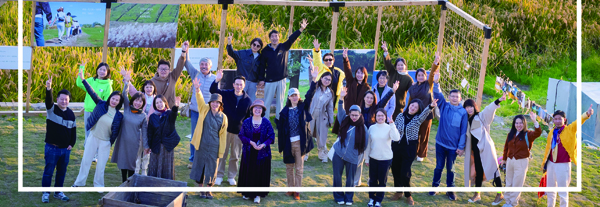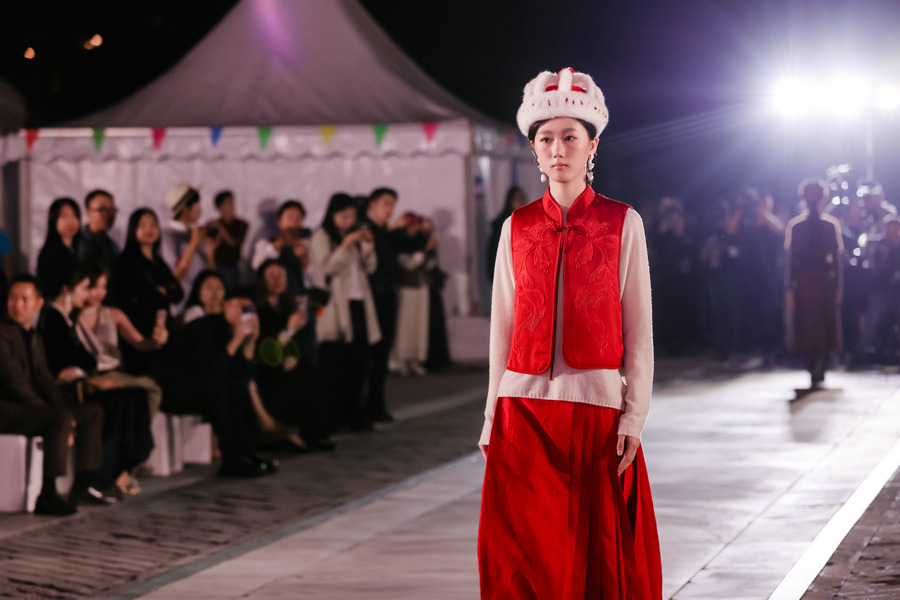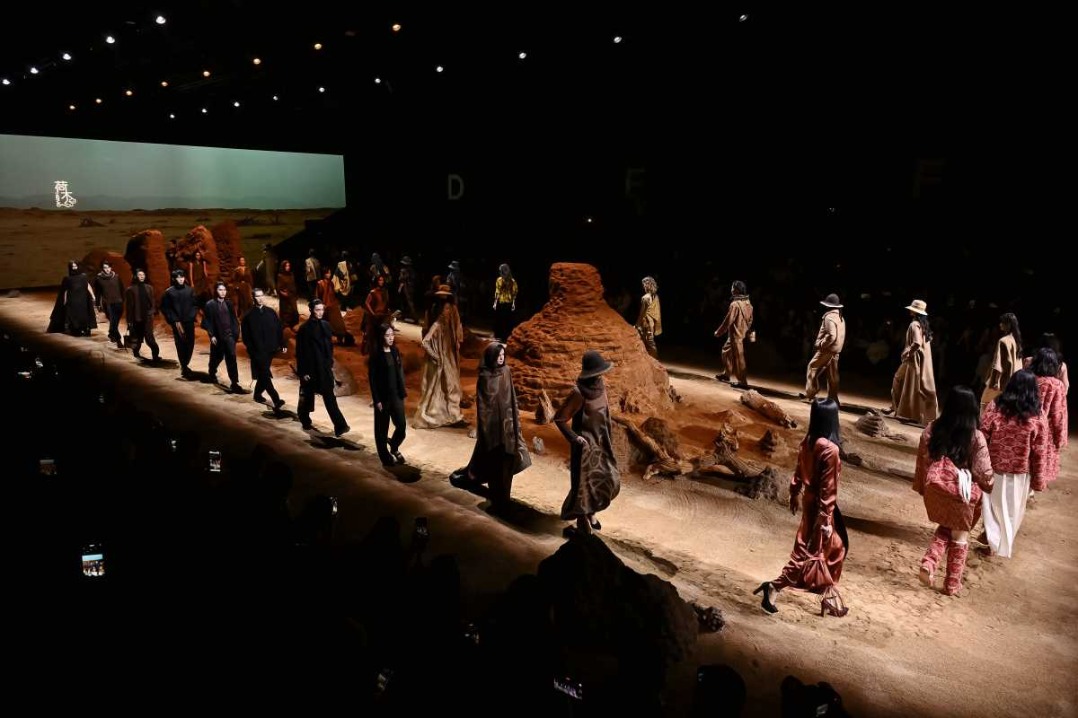A new utopia near the city


Village drifters?
William, originally from Guangdong province, used to work in the internet industry, spending many years with major companies in Beijing, Shanghai, and Shenzhen. But the endless cycle of "office to apartment" left him feeling trapped.
"The constraints of time and space held back my personal growth and my search for meaning in life," he said.
Seeking a lifelong direction, William moved around — to places like Dali and Shaxi in Yunnan, and Xiaoshan in Zhejiang — before eventually settling in Liangzhu.
"In big cities, it's hard for small, agile teams to thrive due to the dominance of tech giants. Small towns may offer great scenery and fresh air, but they often lag behind in technology, marketing, and commerce," William explained. "For young people who want to achieve something without relying on big companies, Liangzhu offers the ideal middle ground."
Just as terms like beipiao (Beijing drifter) and hupiao (Shanghai drifter) describe young migrants chasing dreams in major cities, a new term — cunpiao, or "village drifters" — has emerged to describe those heading to the countryside. But William believes "drifting" only scratches the surface.
"This movement is about more than just relocating to new environments — it's also about addressing our inner dilemmas," he said. In Liangzhu, he hopes to build what he calls a "new utopia".
William has founded a youth commune in Nuancun that brings together young entrepreneurs and digital nomads — people who rely on technology to work remotely from anywhere.
He organizes seminars and public lectures, provides startup incubation support, and contributes to rural revitalization by planning large-scale events like hackathons and community markets.
"We came here because we didn't want to get stuck in the rat race of big cities," he said. "But that doesn't mean we're just 'lying flat'. We're here to create — to create a new possibility of life."




































